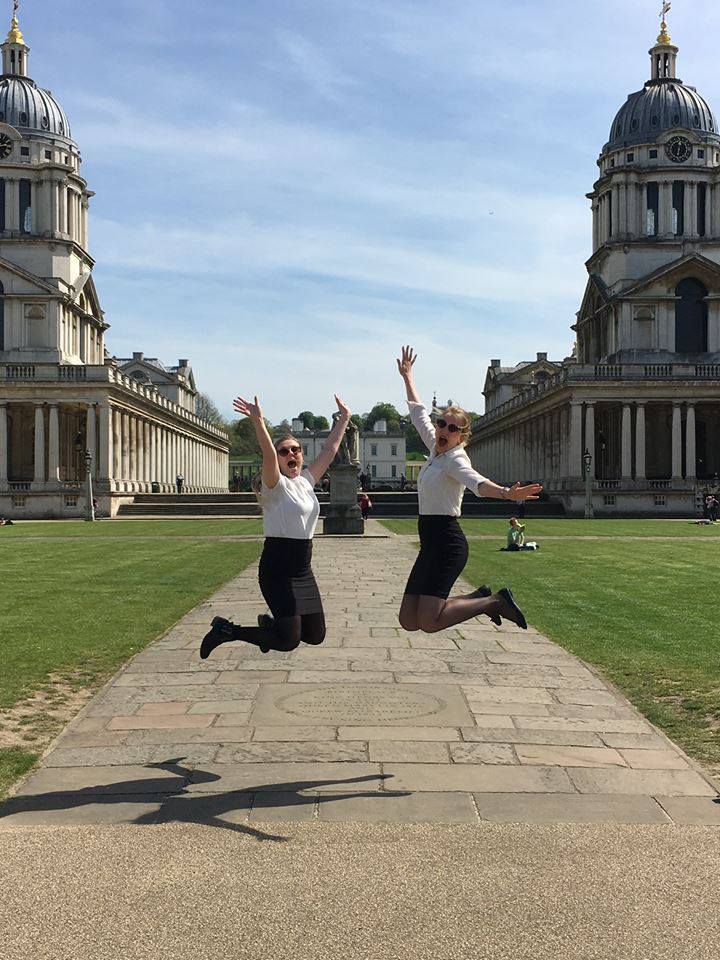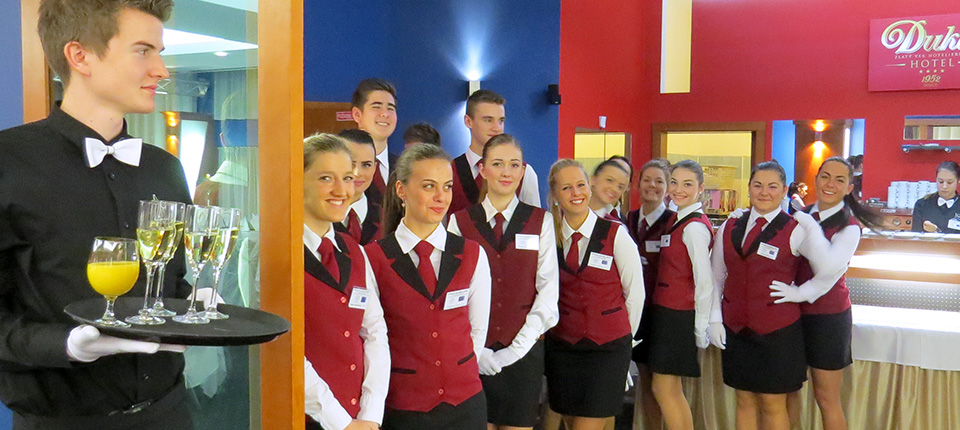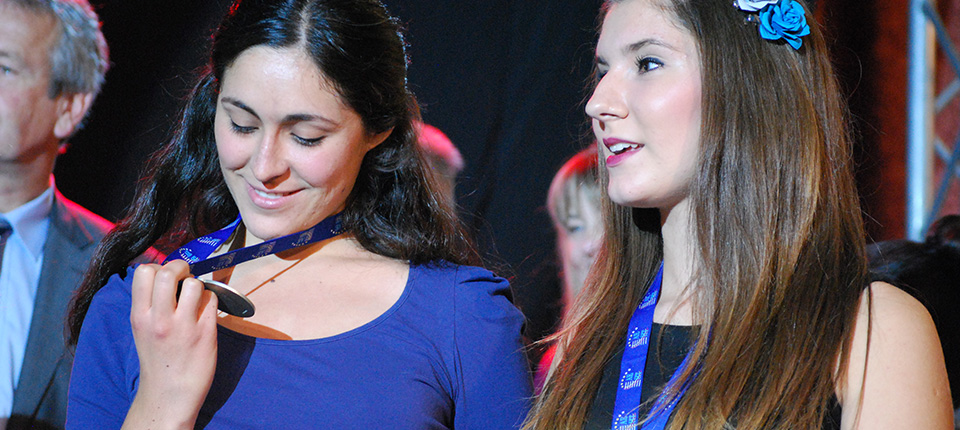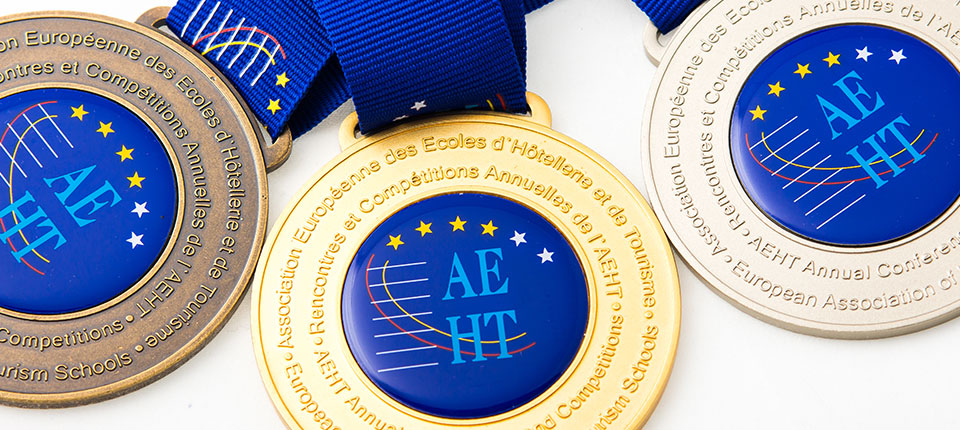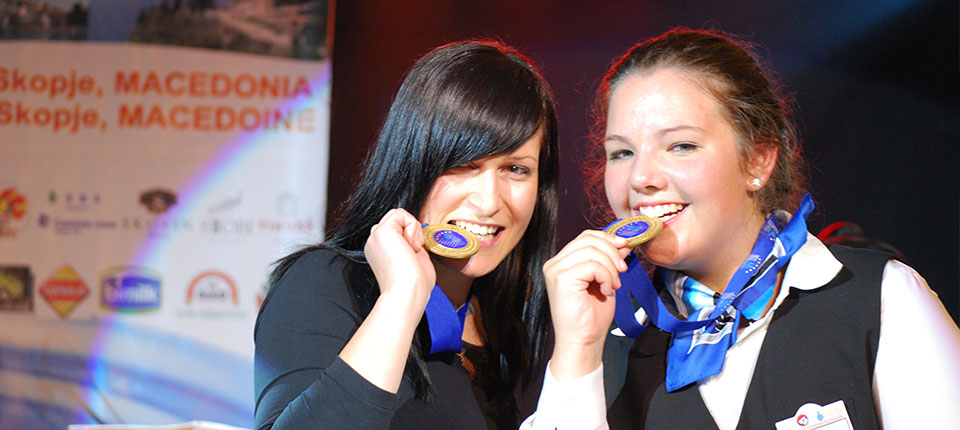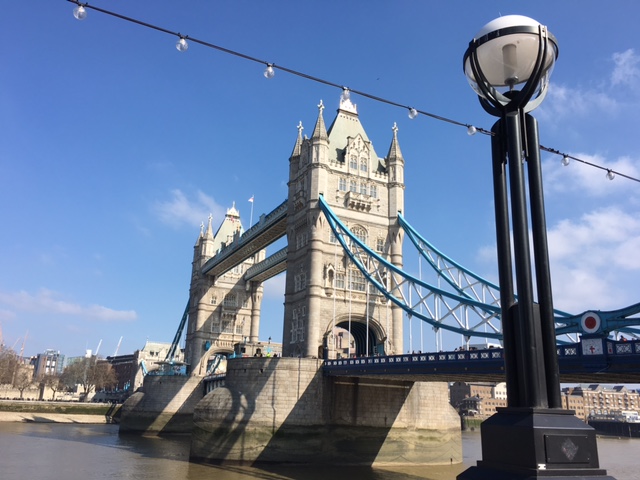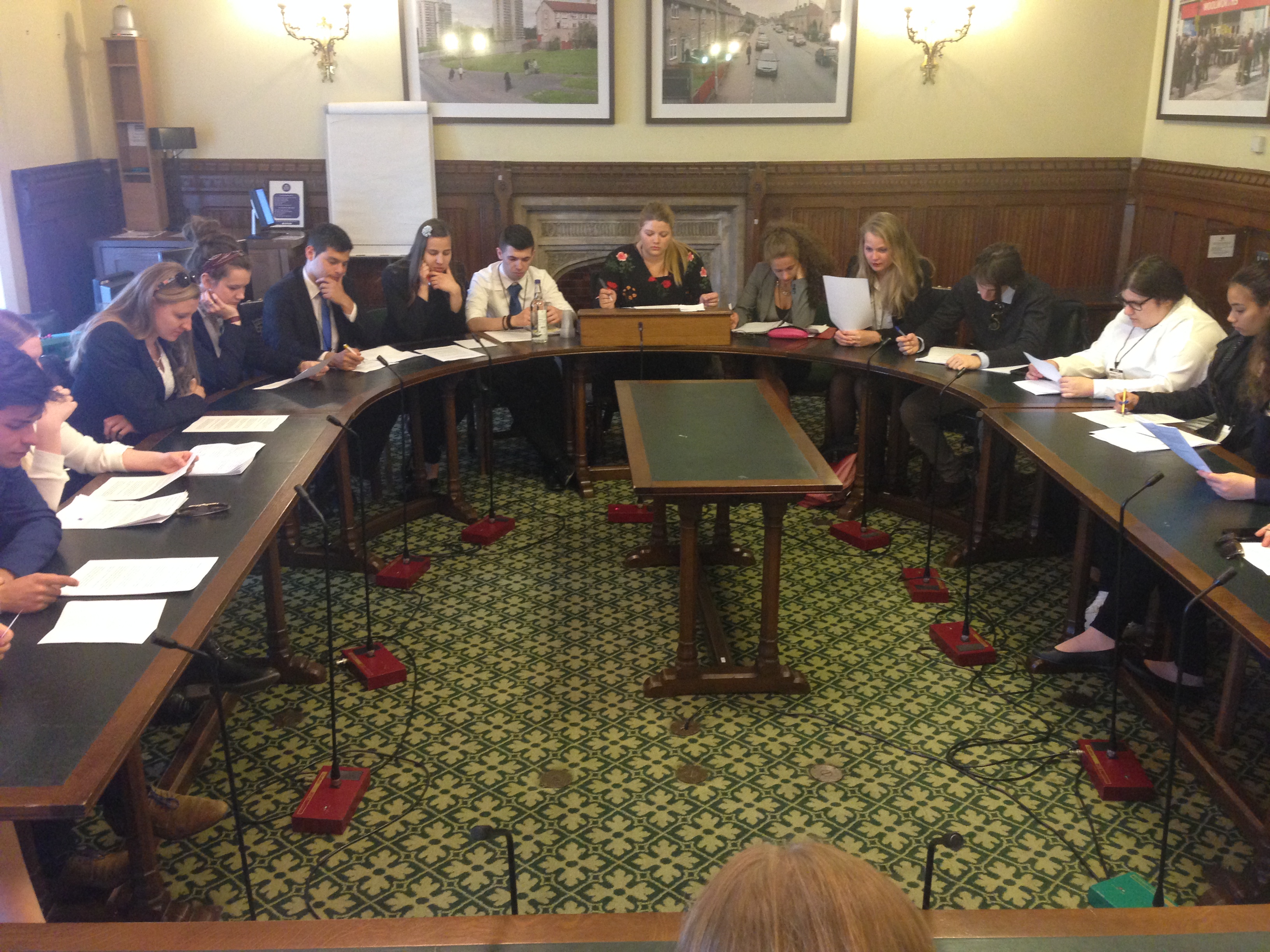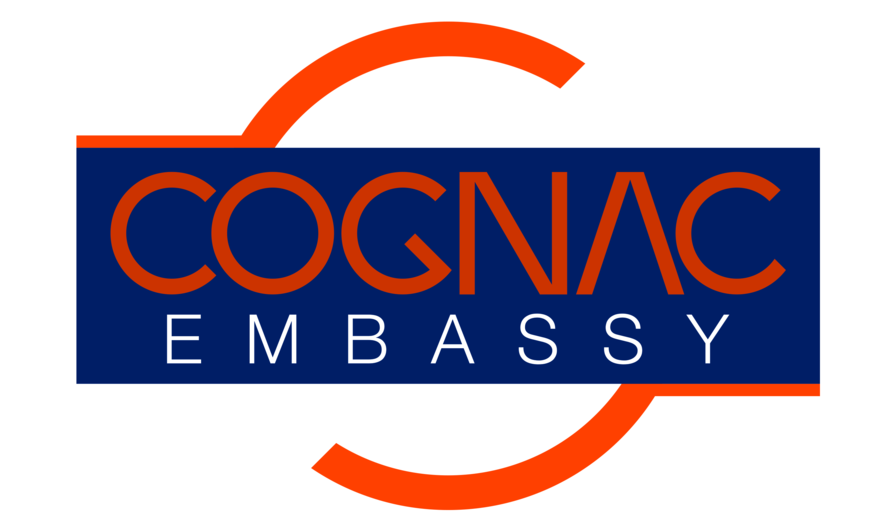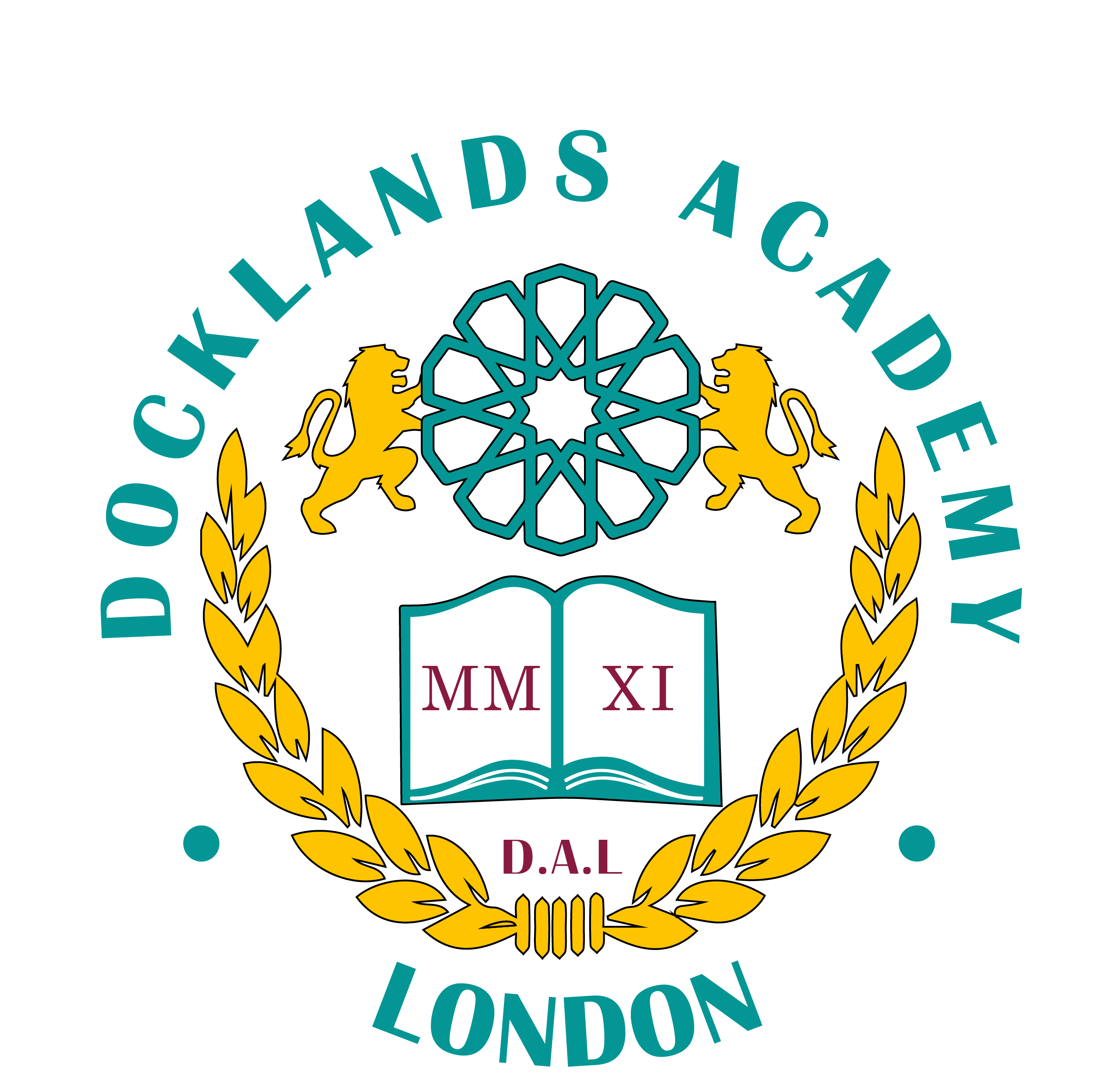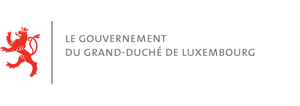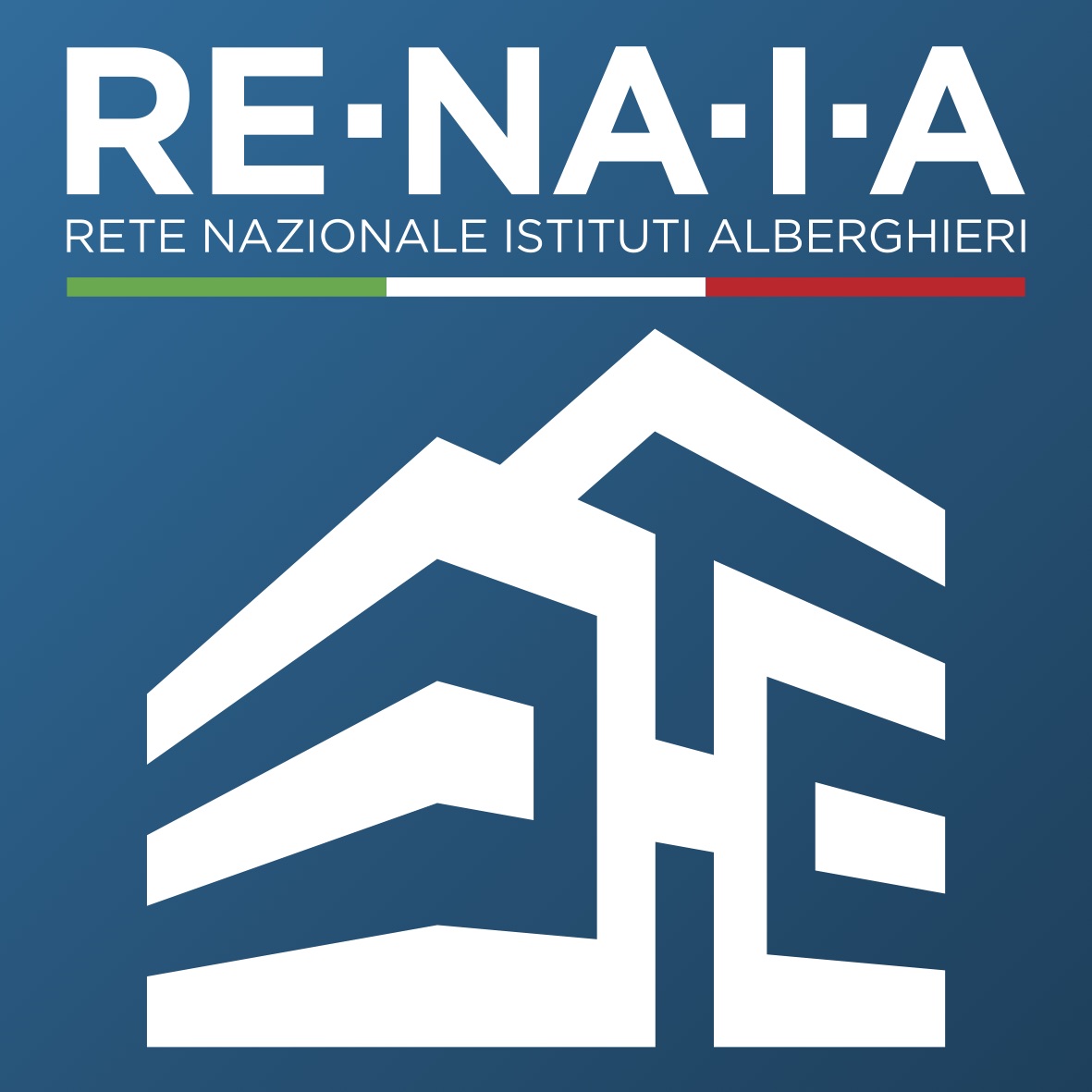Introduction
The AEHT Youth Parliament 2016 held from May 4th - 6th, 2016, at Docklands Academy, London and the Houses of Parliament in Westminster, consisted of 25 participants from 8 countries debating the issue of Immigration in Europe and its Impact on Tourism over three days.
Each day the Parliament covered a different theme related to this topic, starting with dedicated time for group work and research, followed by two hours of debates and ending with a vote by secret ballot on the question of the day. For every debate a different member of the Parliament volunteered to act as President, Vice President, Secretary and Vice Secretary. The President chaired the debate whilst the Secretary took minutes and produced a report on the proceedings and outcomes. Below are the three edited reports the respective Secretaries produced for each of the three days.
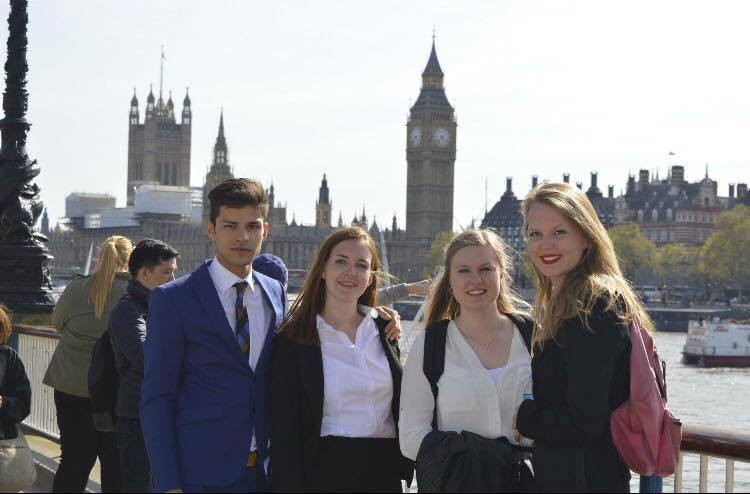
Date : May 4th, 2016
Theme: The history of immigration and its relationship to tourism in Europe leading up to the present day.
Question: Do you believe that immigration in Europe has historically been good for the tourism industry?
Committee: President: Franziska Viola; Secretary: Raquel Bento; Vice President: Fabio Lucio; Vice Secretary: Lucija Tomasic
Terms of Reference were first discussed with the following conclusions:
Aims
- to clarify the relationship between migration and tourism
- to identify the differences and similarities between countries in Europe
- to get to know the opinion of every member
- to learn facts and air fresh views on the topic of migration
- to propose solutions to problems
Responsibilities
- to respect each other
- to never discriminate
- to avoid interrupting each other
- to choose words carefully
- to be polite at all times
- to be true to yourself
Membership
- all members must be students
- the majority should be members of AEHT
- groups should be diverse in terms of nationality and gender
Rules
- all voting to be by secret ballot
- all key decisions to be taken democratically
- each member must be allowed a turn to speak
Debate
The Parliament was divided equally into two groups. On one side of the room were those who had to argue YES to the question debated, and facing them on the other side were those who had to argue NO. The President introduced the topic and both sides took turns to speak.
The YES side said that immigration had provided a low-paid workforce, which supports the tourism industry and economic growth. They also argued that immigration served to enrich the culture of host nations. They highlighted the importance of sharing traditions and the benefits of cultural exchange, which helps to attract tourists.
The NO side said that a lot of migration had contributed little to economic development. They said that a high amount of non-native people entering a country in a short space of time can overshadow its culture and deter tourists. The link between immigration and terrorism was raised and the impact that religion has on the integration of Diaspora communities. It was noted that tourism has decreased in Turkey due to migration from Syria.
The Parliament voted on the question and the YES side won. After the debate a video was shown about the “European dream”, the founders of the EU and how their aim had been to bring peace and prosperity.
A second debate took place in the Houses of Parliament in the evening of the first day. The question debated was:
Do you believe that the Schengen Agreement needs to be amended or abolished due to recent migration issues in Europe?
The YES side said that free ability to cross borders makes it easier for terrorists to enter Europe, and that work should be done to secure the outer borders of the Schengen area. It was also suggested that people from countries outside the EU should have the same rights as Europeans, with no restrictions when travelling inside the Schengen area.
The NO side said that closing borders would affect Europeans as well as non-EU citizens. They pointed out that daily travel for those who work across borders would become more complicated if the Schengen Agreement were changed and people might lose their jobs. Further, governments share information about people entering the Schengen area and this helps to improve security in Europe.
The question of whether the EU should allow more countries to join the Schengen area was not addressed. However, it was noted that the EU needs to collaborate with non-European countries in order to implement effective solutions to current migratory flows into Europe.
At the end of the debate everyone took turns saying why they thought the Schengen Agreement should, or should not, be changed. A majority voted NO to the question, believing that changing the Schengen Agreement would not resolve current migration issues.
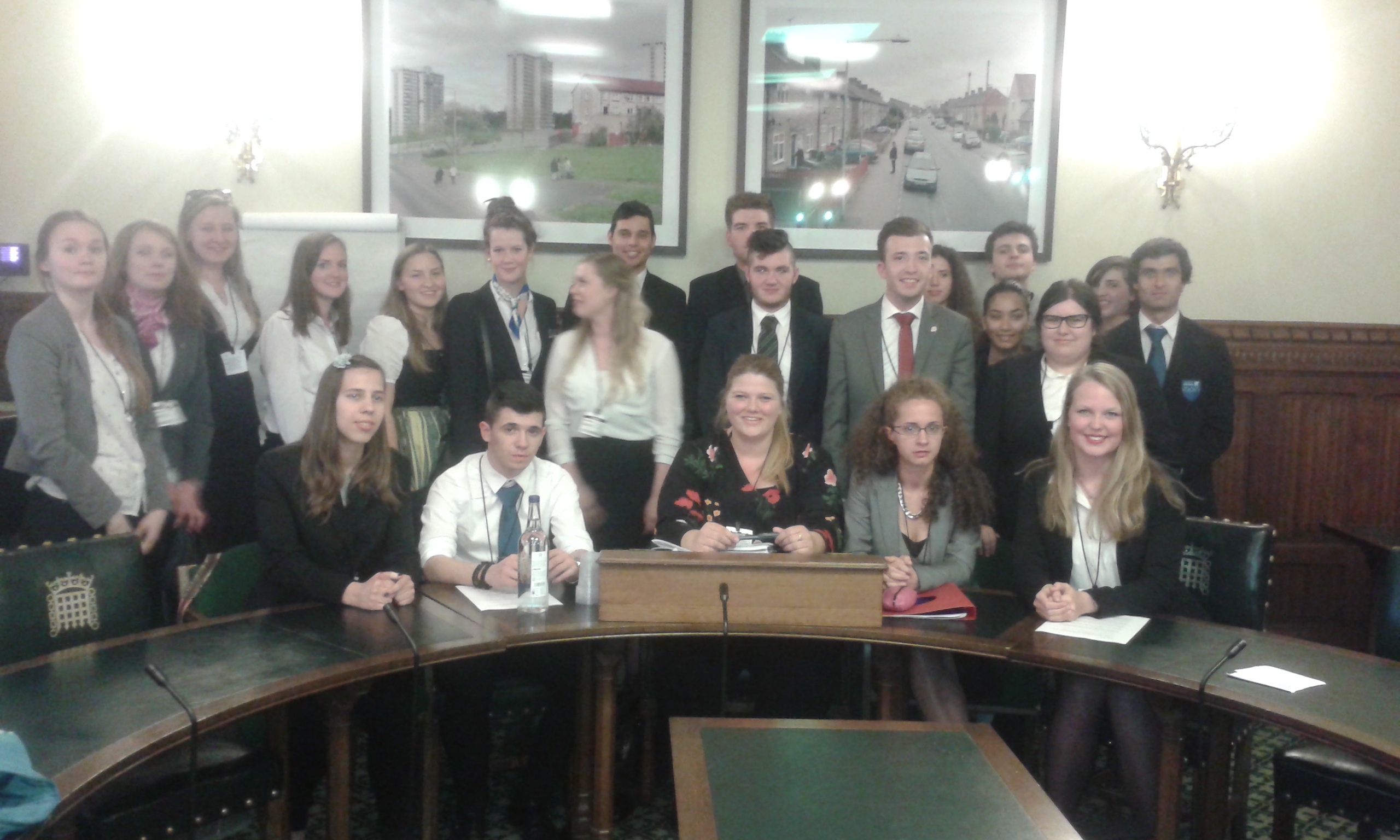
Date: May 5th, 2016
Theme: How the media has recently reported on immigration in Europe and whether this has affected tourism.
Question: Do you believe that media coverage of immigration issues in Europe has been as good as can be expected for tourism?
Committee: President:Elvira Pasagic; Secretary: Minna Laihonen; Vice President: Nina Malej; Vice Secretary: Yasin Özyaprak
The Parliament was divided into two opposing sides again, but this time each side prepared power-point slides and presented some of their arguments before the debate began.
Presentations
The first presentation, which referred to multiple news articles, was given by the side that argued YES to the question. Firstly, they pointed out that “War Tourism” had become a new trend due to media coverage of warzones, which encouraged people to visit bombed-out places. They explained the media’s role in preparing people for the worst, lowering their expectations before they visited touristic areas that had experienced recent conflict or high levels of immigration.
An article about refugees and tourists sharing a beech was presented, showing how immigration need not necessarily deter people from visiting tourist destinations. Next, data showing increases in the number of tourists travelling to Greece since 2014 was presented, as further proof that media coverage of the migration crisis had done little to affect tourism in Greece.
Three more articles focusing on Greece and Hungary were assessed. One claimed that Greece was expecting record visitor numbers in 2016, and another recommended ways that tourists could help refugees when they visited Greece. A further article criticised what it claimed had been inhumane treatment of immigrants in Hungary; but rather than discouraging tourism, it was suggested that the article might incentivise people to go to Hungary in order to help the refugees.
The side that argued NO to the question made fewer points in their presentation. One article examined the complaints of British tourists encountering human misery in Greece, and suggested that articles such as this might deter others from visiting the
country’s tourist destinations. Current immigration concerns in Turkey and the effect of mass media on tourism were also discussed. Debate Before the debate began the President asked everyone to raise their hand if they wanted to speak, keep their comments brief and relevant to the topic.
The side arguing NO to the question said that local newspapers printing negative reports on immigration affect people living in small communities; the example of Germany was sited. The opposing side argued in response that not all newspapers focus on the negative aspects of immigration. Finland media for example, one member explained, highlights positives such as integration and improved living conditions. The effect of social media on tourism was also discussed.
The Parliament voted NO to the question, taking the view that the media has not covered immigration issues in Europe as well as can be expected for tourism.
Date: May 6th, 2016
Theme: The way politicians are reacting to immigration and how this may impact on tourism in the future.
Question: Do you believe the political handling of immigration issues in Europe has been as good for tourism as can be expected?
Committee: President:Nejc Crnko; Secretary: Maria Clara Vazquez; Vice-president: Myrtha Tyhuis; Vice-secretary: Manon Weusthof
Public trust in politicians was discussed, with the majority of members agreeing that politicians generally needed to work harder to improve their credibility. The following points on the role of government in relation to the importance of the tourism industry were also discussed:
- Tax receipts
- Tourism receipts
- Investment in public facilities
- Economic support during crises
- The impact of migration on tourism
Preparations
The Parliament was divided into 4 groups made up of 5 members each. Their task was to form political parties and develop proposals on how to solve problems linked with immigration, taking into account the impact on tourism. Proposals needed to be thought through carefully, paying attention to detail in preparation for rigorous questioning. The teams had 40 minutes to come up with some concrete proposals.
Structure
Each team was divided into 2 groups and interviewed separately, with the aim of finding discrepancies between their individual responses to questions. Participants were not allowed to use notes when undergoing questioning. At the end the best team was to be chosen by the committee. Notes summarising the proposals of each of the four parties are given below:
I. UNITED EUROPE
Their main aim is to provide a long-term solution for ending the war in Syria, rebuilding the country and its economy. Their plan is to ask as many countries as possible, not only in Europe but from around the world, to invest in Syria’s economic development. Money from tourists would be used to support Syria, and different rates would be charged depending on where each tourist came from. Overseas tourists would have had to pay more than domestic tourists. The team was pro-Schengen, but they had no view on the United Kingdom leaving the European Union, nor the inclusion of Turkey. They did not present any figures to support their arguments.
II. SOCIAL PARTY OF DOCKLANDS
They want to help refugees who are already in Europe integrate into local communities. They plan to invest €20 million on house building over 3 years and to enrol children into existing schools, where they can learn the local language. Some members acknowledged that many Syrian migrants may not return to Syria, even after the war has finished, and that there would be a need to build more schools and employ more teachers. They also plan to invest some money in tourist destinations to make them more attractive and profitable. The amount of money they allocated to fund their proposals was seen by the Parliament to be unrealistically low. Their responses to questioning over the construction of new schools were inconsistent; some members of the team said that new school buildings would be needed whilst others claimed such developments would not be necessary.
III. INDEPENDENT PARTY (Slightly leftist)
Their aim is to put Europe first, helping EU citizens before others. They proposed dispersing refugees across Europe and working to integrate them into each country. They want to limit the number of refugees entering Europe to one million people per year, and to this end they aim to make border enforcement far stricter. They propose that each country contributes €20 million to a fund. People with higher incomes would need to contribute more. The range of proposals made by each member of the party varied slightly. Some members suggested refurbishing empty buildings to create more schools, as well as building bigger refugee camps. Others focussed on employment and suggested that refugees with professional training should be recruited into relevant jobs.
IV. MIDDLE GREEN (Centrist)
They want to prioritise support for Greece and Italy as these countries had been the most affected by the refugee crisis. In the absence of alternatives, they suggested that immigrants should be accommodated temporarily in military facilities and given a period of six months to adapt to their new country or residence, learning the local language, culture and history. This would enable the EU to select the most able migrants for permanent settlement. Migrants that were unwilling to adapt, would be
removed from the EU. Those that remained could be helped into suitable jobs. Refugee camps should be set up across the EU as the need arises and funded through higher taxation. They do not think Turkey should become a member of the European Union at this time.
Decision
After some discussion the committee decided that the best political party was UNITED EUROPE as their ideas were carefully considered, took into account the origins of the problems they were addressing and were, in the committee’s opinion, more realistic. The fact that the proposals given by all the party’s members were consistent also influenced the committee’s decision.
Voting
After the debate the parliament voted NO to the initial question by 19 to 4, clearly indicating that the Parliament does not believe the political handling of immigration issues in Europe has been as good for tourism as can be expected.
Conclusions
The AEHT Parliament was a very successful event, involving the participation of representatives from 8 countries and many tourism and hospitality schools across Europe. It gave young people the opportunity to discuss one of the most important issues affecting Europe today; an issue that significantly impacts upon their industry of choice, in a positive environment of democratic cooperation and healthy debate. The themed approach ensured that different aspects of the overall topic were critically analysed and assessed, whilst the chronology of debating questions from past to present and future provided a sense of unfolding direction and purpose. The students increased their knowledge and understanding of key issues and enhanced their confidence and fluency in English, as well as their negotiating and debating skills. Feedback from all participants was overwhelmingly positive, with students finding they had learned a lot by interacting with people from many different countries and cultural backgrounds, representing a wide range of views and perspectives.
